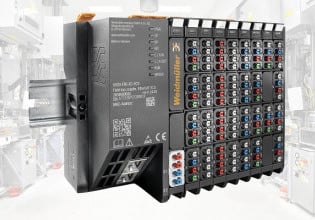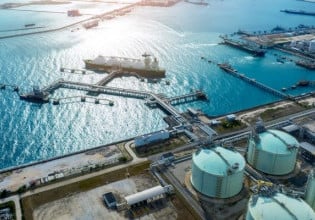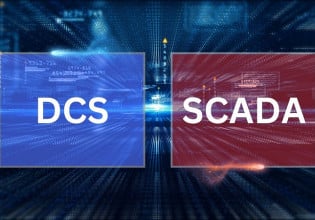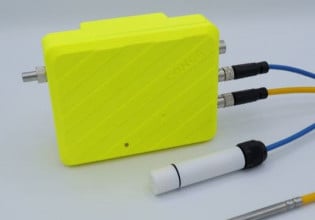R
I have two questions about loops control tuning problematic and would greatly appreciate the opinion of the experts on the subject.
The first question refers to the economic loss caused by improper tuning of PIDs. are there any statistics on that?
The second question refers to the skills that should develop Engineering students in order to be in a better position to face today's demands. Is it convenient for example to reinforce the fundamentals of the theory of control? Or is it wise to spend more time managing automated and intelligent software tools?
The first question refers to the economic loss caused by improper tuning of PIDs. are there any statistics on that?
The second question refers to the skills that should develop Engineering students in order to be in a better position to face today's demands. Is it convenient for example to reinforce the fundamentals of the theory of control? Or is it wise to spend more time managing automated and intelligent software tools?






